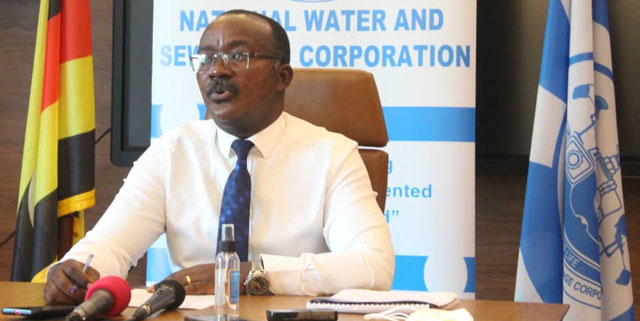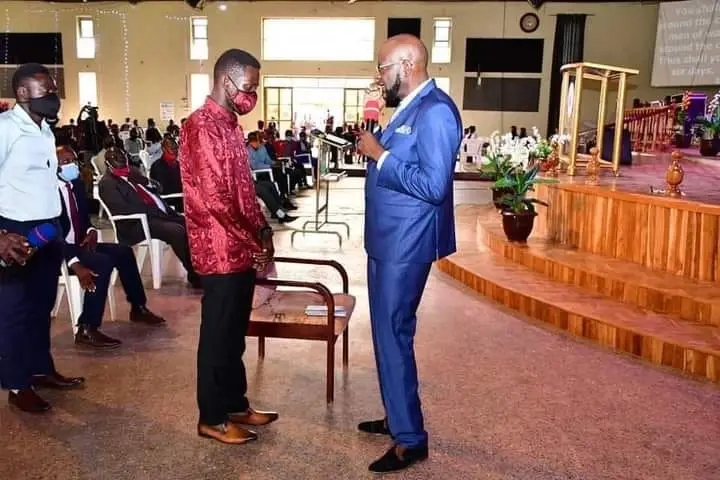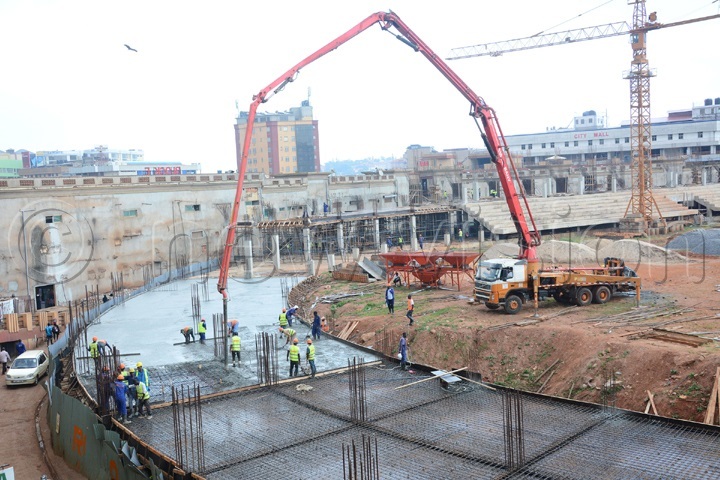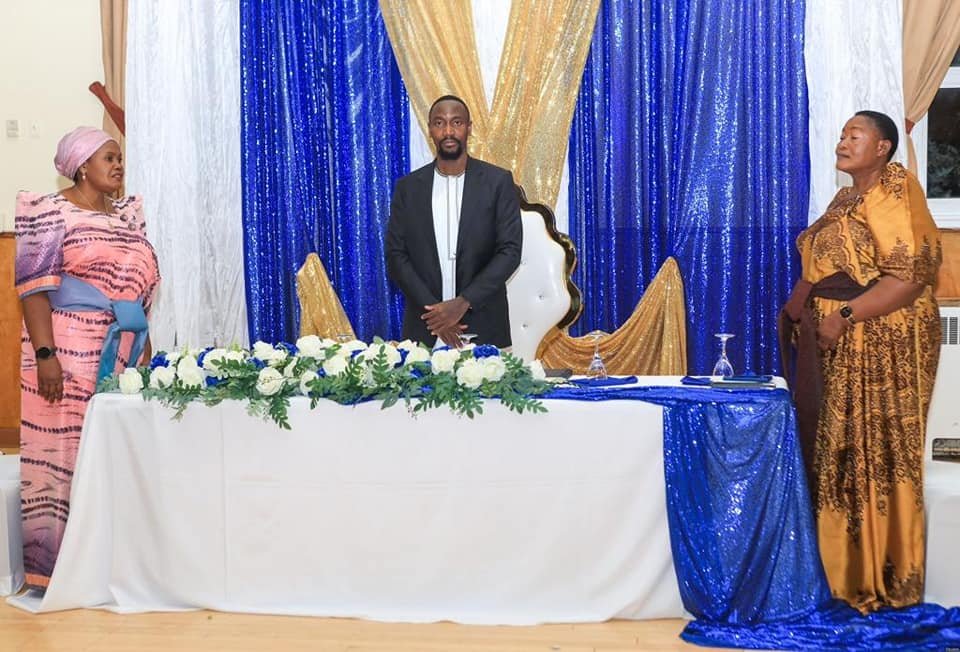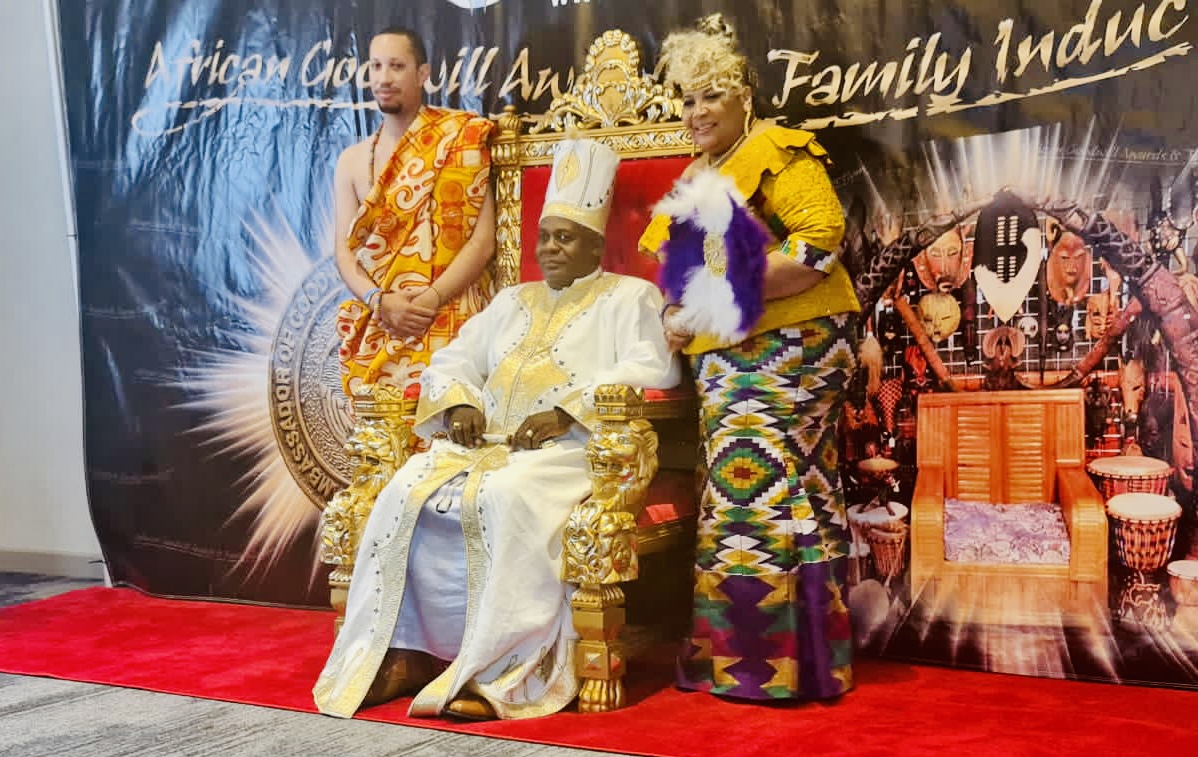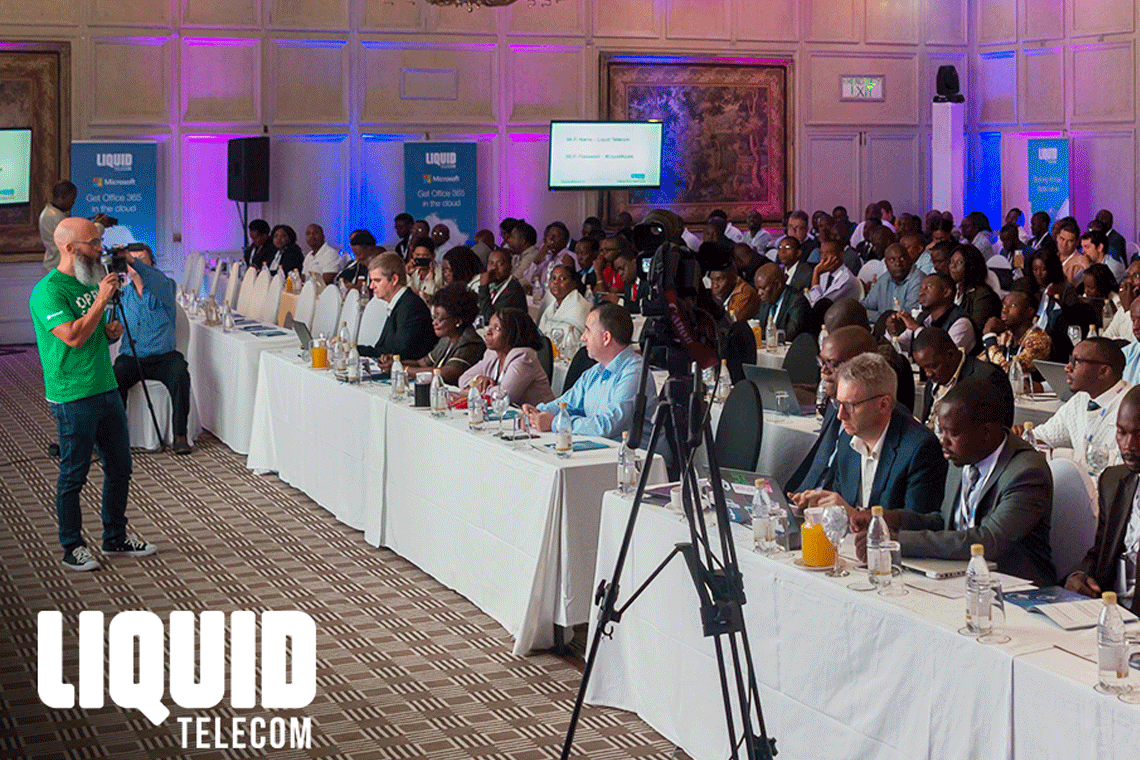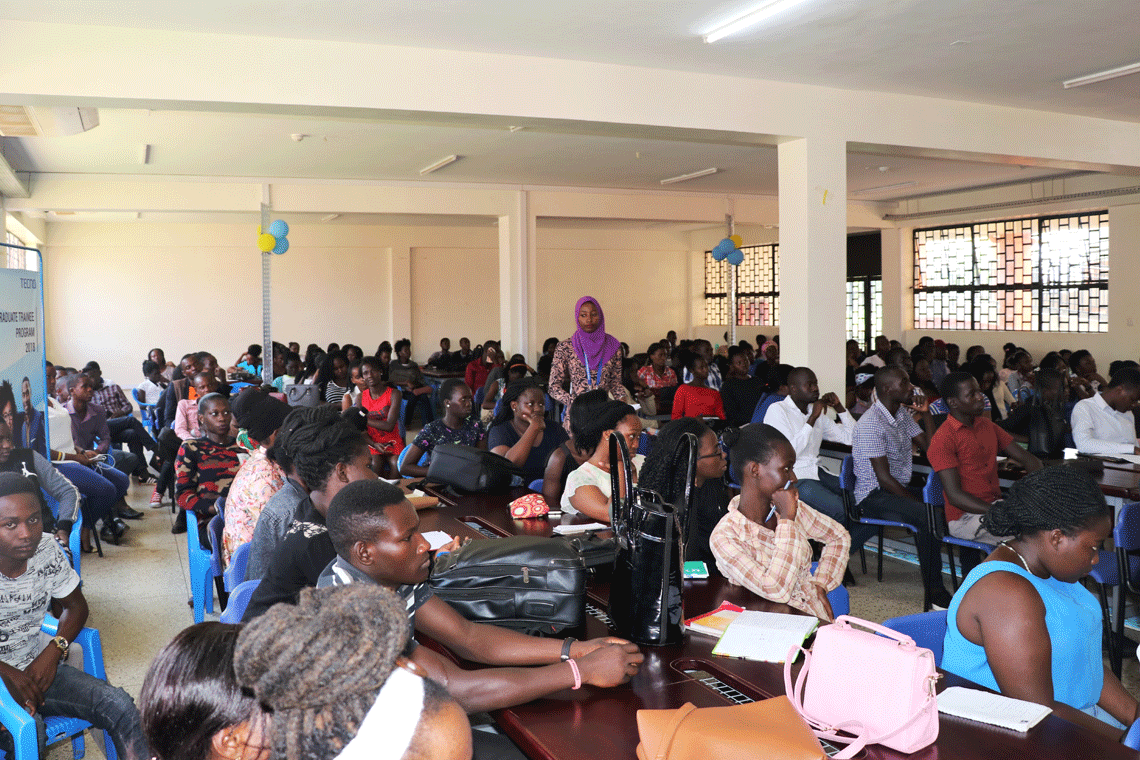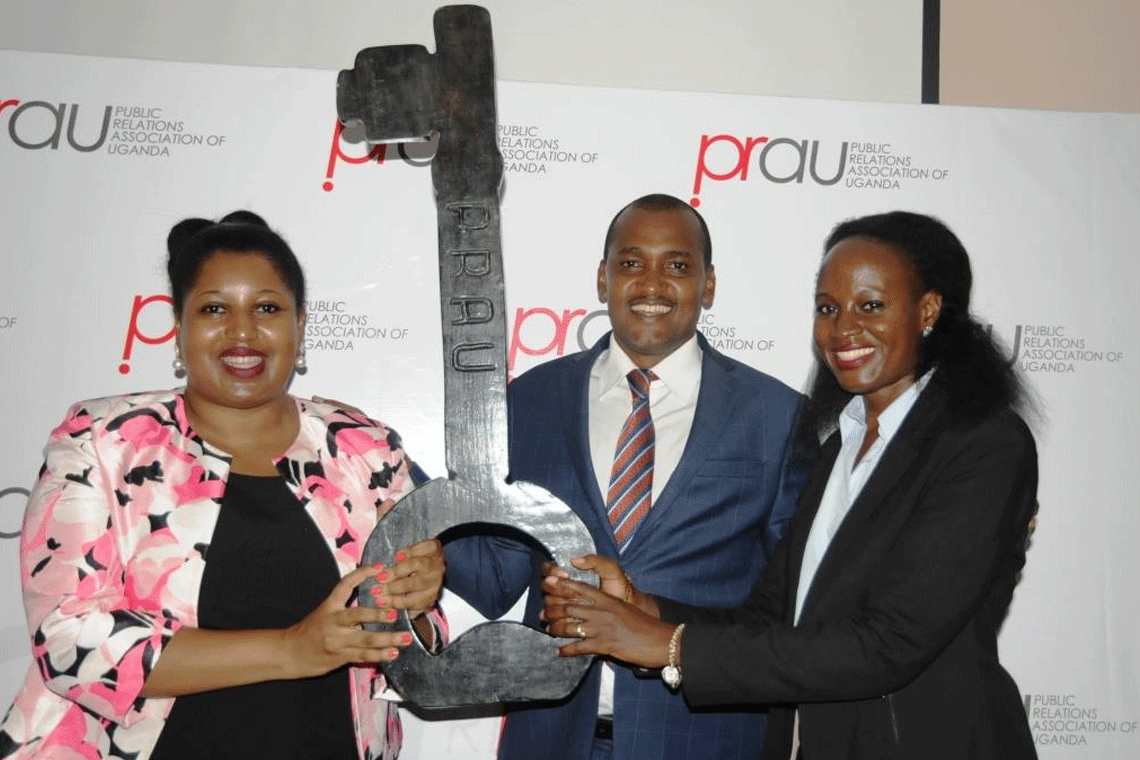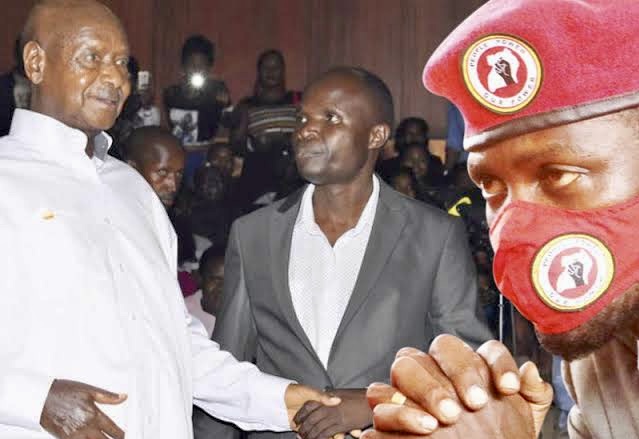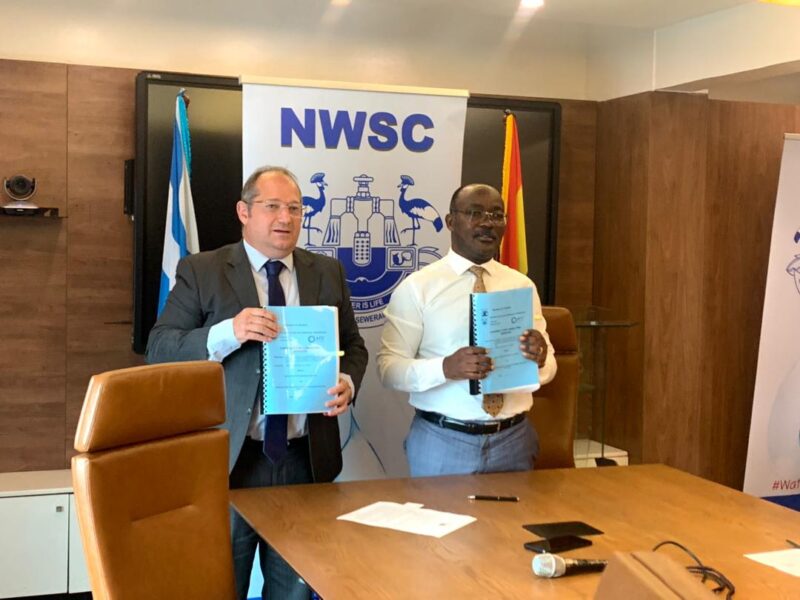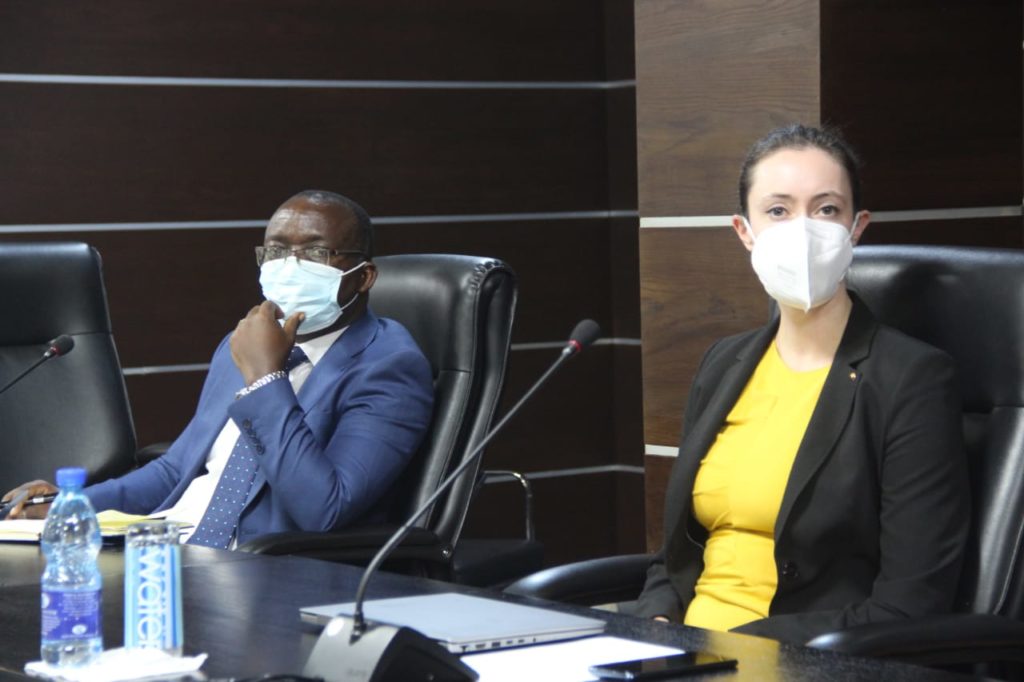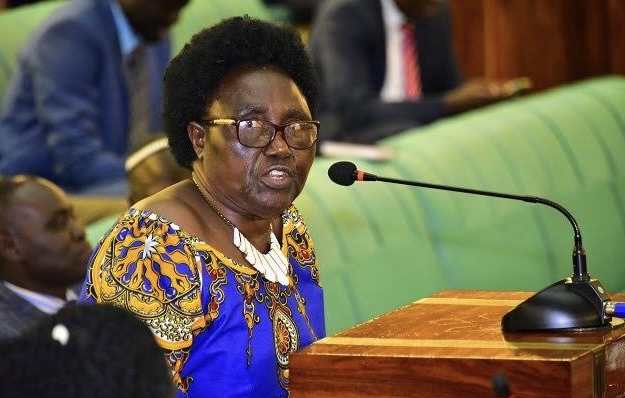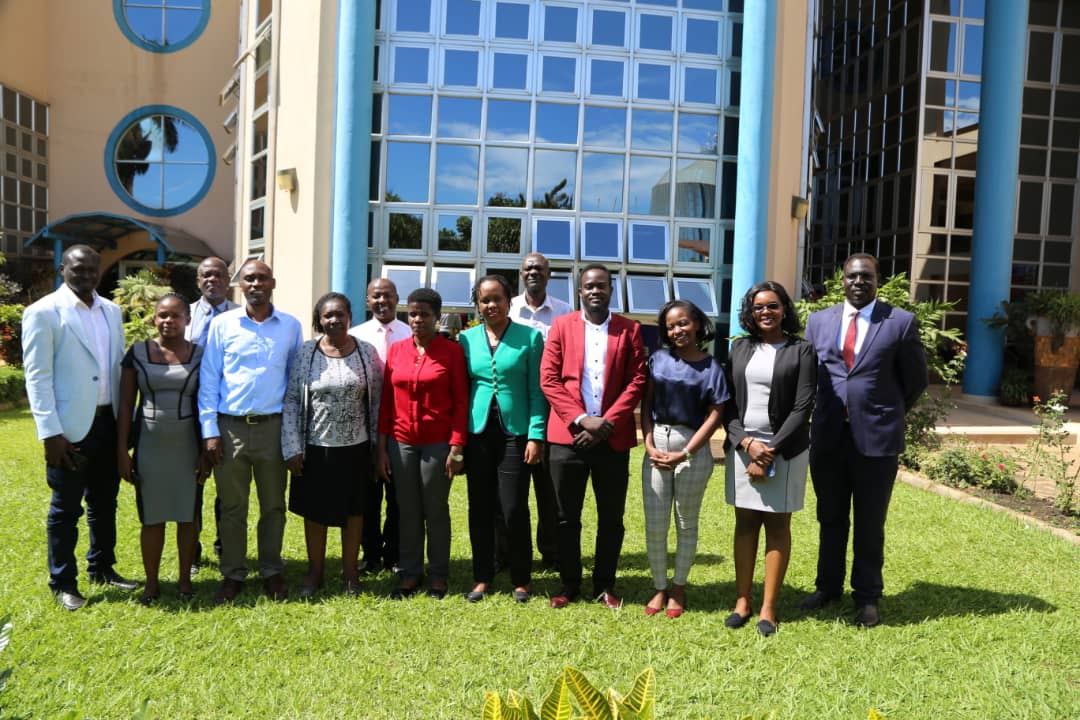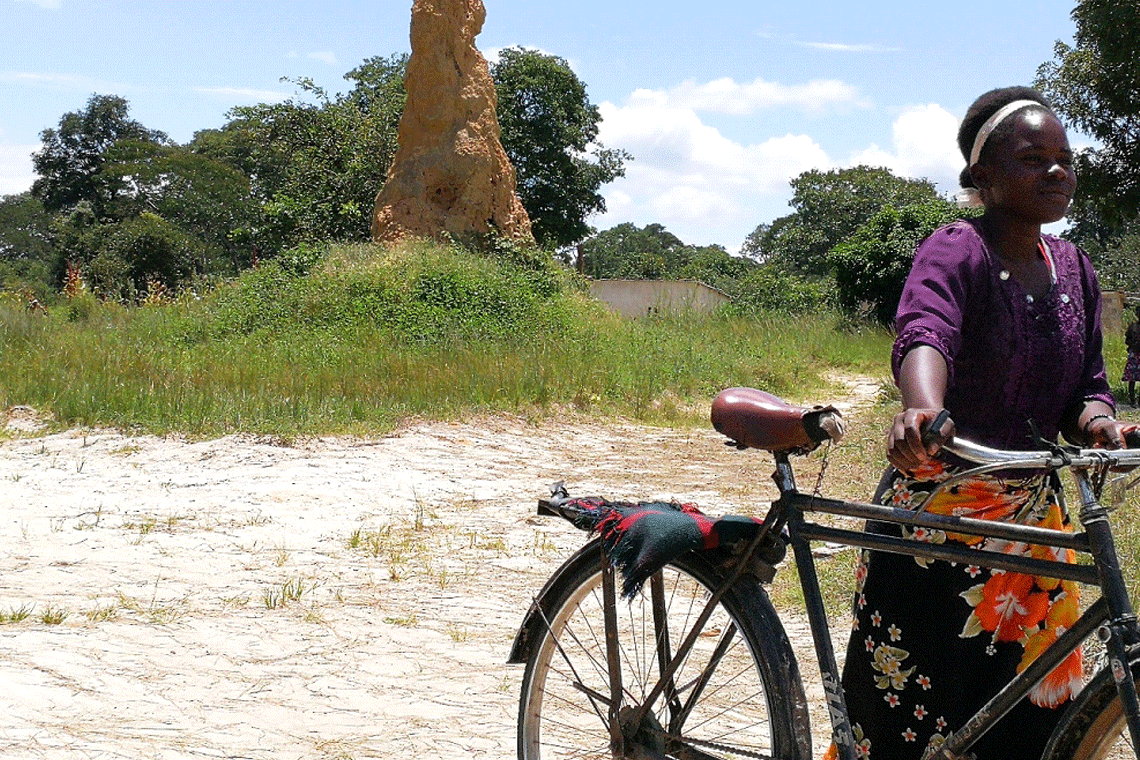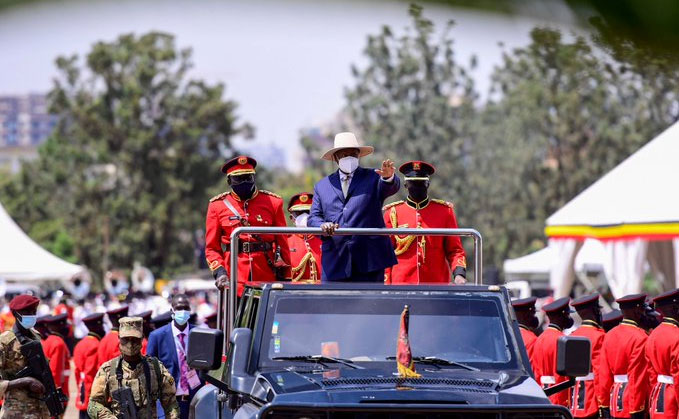• Since 1986 President Museveni has replicated most of Obote’s mistakes and copied and pasted Amin’s dictatorial tendencies
On Sunday 9th October 2022, Uganda marked 60 years of independence at Kololo independence grounds where, Ugandan President Yoweri Museveni delivered a thirty-page speech in which he extolled the works of the National Resistance Movement which he described as the best thing that had ever happened to Uganda!
In fact, he openly suggested that the first 24 years of Uganda’s independence from 1962 to 1986 should be considered ‘wasted years’ and insisted that the country experienced real progress from 1986 when he took over the reins of power. He went on to describe the nature of the Ugandan economy starting from the British policies that included the introduction of the three `Cs`, that’s; cotton, copper and coffee as the bedrock foreign exchange earners of the economy which reverted to the three `Ts`, of tobacco, tea and tourism, before they capsulated into oblivion. He was categorical in his indictment of the past leaders and the senior economists who he said, had failed to introduce an economic plan that can propagate the country into economic prosperity.
Forensic Audit:
Despite the lamentations of the Ugandan President, we need to interrogate what has really happened in the last 60 years of our independence and look at the respective contributions of each leader that got the opportunity to rule Uganda. A forensic audit of what each leader has contributed will help us understand where the current NRM leadership stands vis-à-vis the past leaders of the first 24 years of Ugandan independence and what obtains for the future of this country.
And it’s worth noting that although Museveni points accusing fingers to all the past leaders, each of them managed to make a constructive contribution to the overall good of this country. There is overwhelming evidence suggesting that President Obote was superb with social services. When Uganda got independent in 1962, titular President Frederick Muteesa shared power with executive Prime Minister, Dr. Apollo Milton Obote and their reign saw the foundation of social infrastructure upon which major hospitals, schools, banks, housing estates, Police and Prison Stations, built. Major physical infrastructure like roads, power lines, and water supply were also, laid around the country.
During that short time of just four years from 1962 to 1966 when the UPC-Kabaka Yekka alliance collapsed, they had built major hospitals like Mulago Hospital, managed to build the Bank of Uganda headquarters, and switched the Capital City from Entebbe to Kampala. All these achievements were attained in a period of just four years. Yes, FOUR years, and are still influential assets to the country. When Obote managed to conspire and eventually remove President Muteesa from power in 1966, Uganda was at the same GDP level as South Korea and Singapore. President Obote actually deserves credit for having laid the foundation for the Cooperatives Society that was spread around the whole country and construction of the Uganda Commercial Bank which had branches throughout the country.
This UCB managed to help farmers to deposit their savings and access credit/loans at low interest rates and managed to ably play its cardinal role as the peoples` bank in the country.
The cooperative societies were central in helping Ugandan farmers’ access high quality seedlings, high breed animals, veterinary services, storage facilities like granaries, farming tools like hoes and tractors and, even assisted in offering transportation and marketing facilities.
Indigenizing the Economy:
When President Obote was overthrown by Gen Idi Amin in 1971, Ugandans got the chance to run their own economy when the new President made the decision to expel the Indians in what he termed as the economic war in 1972. Although this indigenization of the economy had the draw backs of retarding the economy in the first years, it had the long-term effect of introducing Ugandans into the business of running their own economy. In fact, it’s fair to say that Amin’s decision to expel the Indians still remains one of the most fundamental economic decisions that has ever been made in the 60 years of Uganda’s independence.
It still remains the pivot around which the Ugandan economy is revolving and remains the foundation upon which the current leadership is trying to anchor its policies. It’s the one upon which the government can make adjustments to push the citizens from subsistence to commercial farming. If the Indians were still running the show, it would have been imposable to talk of converting the citizens from the subsistence lifestyle because it’s the Indians who would have been running the commercial sector of the country.
You can even say that Gen Idi Amin‘s decision makes him a hero because its exactly what the ANC needs to do but has failed to do in South Africa, where the economy is still run by the whites while the blacks wallow in abject poverty. It’s the same predicament that obtains in Kenya where the Kenyan economy is run by the colored and whites while the blacks scramble for political power. What is the use of having political power for some few political elites while the majority of the indigenous Africans are spectators?
If the Indians had remained in charge of the Ugandan economy the GDP would have been high but the net incomes of the indigenous citizens would be shamefully terrible to warrant a discussion. But today, Ugandans can proudly discuss and brainstorm polices because they are the major players in the economy thanks largely to the heroic decision of President Idi Amin dada. Therefore, President Yoweri Museveni needs to acknowledge some of these contributions from the past leaders to the extent that without their decisions Uganda would have been very difficult to transform.
Context Vs Pretext
Of course, Museveni is getting an easy ride of trashing the past leaders because of the political events that transpired where Obote abolished multi-party democracy and adopted a one-party state that ran the country on a pseudo democratic path and Amin was heavily involved in the violation of human rights of Ugandans in what has globally come to be known as the worst dictatorship the world has ever seen. They say that history repeats itself, but it only does so when fools easily forget the repercussions of those mistakes committed in the past. It’s worth noting that Museveni himself has almost repeated the same political mistakes that Obote and Amin committed during their time in power.
For instance, in 1966 Obote attacked the Lubiri forcing Muteesa to flee into exile and its exactly what Museveni did, when he attacked the palace of Mumbere of the Rwenzururu kingdom and hundreds were butchered to death in Kasese by the UPDF. Obote thrived through a pseudo democratic dispensation which included suppression of the opposition, embarking on a one-party state and rigging elections. The Ugandan courts have on two occasions declared that the NRM has rigged elections, and suppressed the rights of the opposition to an extent that Uganda is now a known violator of human rights almost close to Amin’s Uganda. Therefore, President Museveni’s 36 years in power may not necessarily amount to much praise since the good works of the fast 24 years of independence created the foundation upon which, the NRM has used to launch its own policies.
Today, the Uganda Railway network which the Britons built in 1899 is no more, the UCB and Cooperatives which were built by Obote are no more, while the economy is reverting into the hands of investors invited by Gen. Museveni, a clear contradiction to Amin’s heroic plan to indigenize the economy and place it in the control of Ugandans. In fact, it’s worth noting that since 1986, President Museveni has replicated most of Obote’s mistakes and copied and pasted Amin’s dictatorial tendencies. In our next episode we shall analyze President Museveni’s economic policies and look at their net effect on the Ugandan citizen in the last 36 years.
Author Profile

- Fred Daka Kamwada is a seasoned journalist, blogger and political analyst for over a decade in Uganda
Latest entries
 BusinessJanuary 20, 2023Economic Crumps: Pres Museveni Should Institute a Salaries, Wages Commission to Reduce the Awful Public Expenditure
BusinessJanuary 20, 2023Economic Crumps: Pres Museveni Should Institute a Salaries, Wages Commission to Reduce the Awful Public Expenditure BusinessJanuary 9, 2023Tougher Times Ahead as China is Most Likely to Attack Taiwan and Send the 2023 Global Economy into a Terrible Spin
BusinessJanuary 9, 2023Tougher Times Ahead as China is Most Likely to Attack Taiwan and Send the 2023 Global Economy into a Terrible Spin FeaturedJanuary 5, 2023Tell Not the Lies: Juggling into The Two Embarrassing Falsehoods President Yoweri Museveni Told the Nation Last Year
FeaturedJanuary 5, 2023Tell Not the Lies: Juggling into The Two Embarrassing Falsehoods President Yoweri Museveni Told the Nation Last Year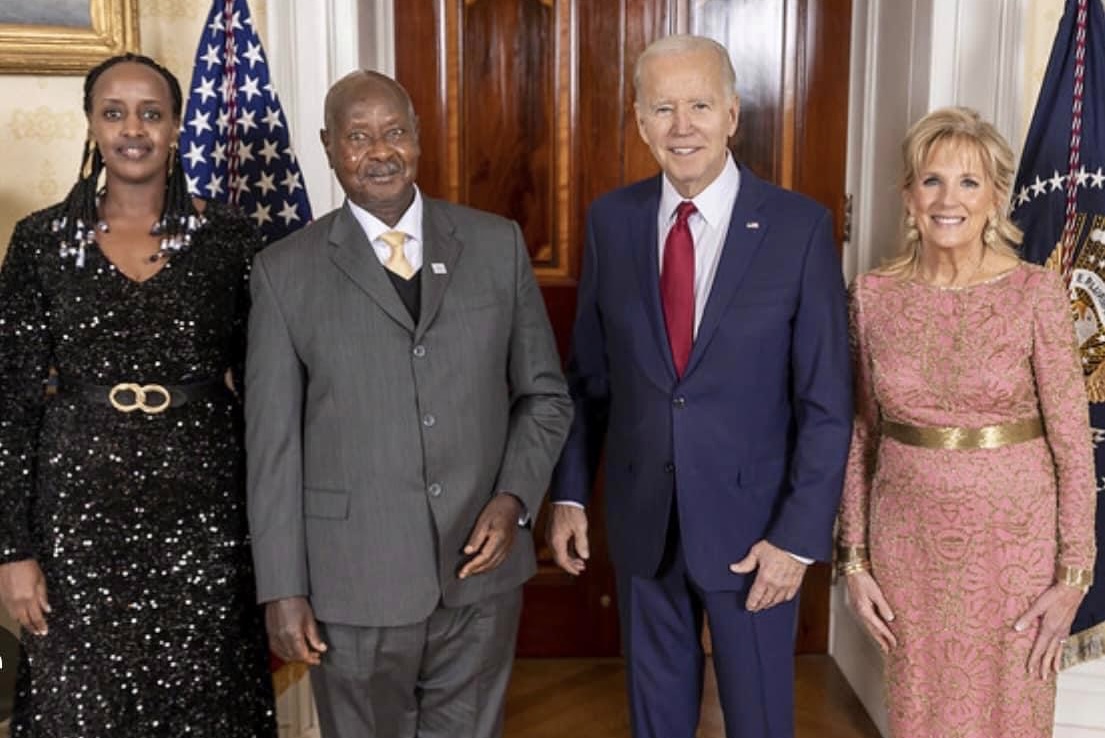 FeaturedDecember 26, 2022US-Africa Summit: Reasons Why President Museveni’s Agitation for ITTS With America Is Shallow, Unrealistic and Untenable
FeaturedDecember 26, 2022US-Africa Summit: Reasons Why President Museveni’s Agitation for ITTS With America Is Shallow, Unrealistic and Untenable



